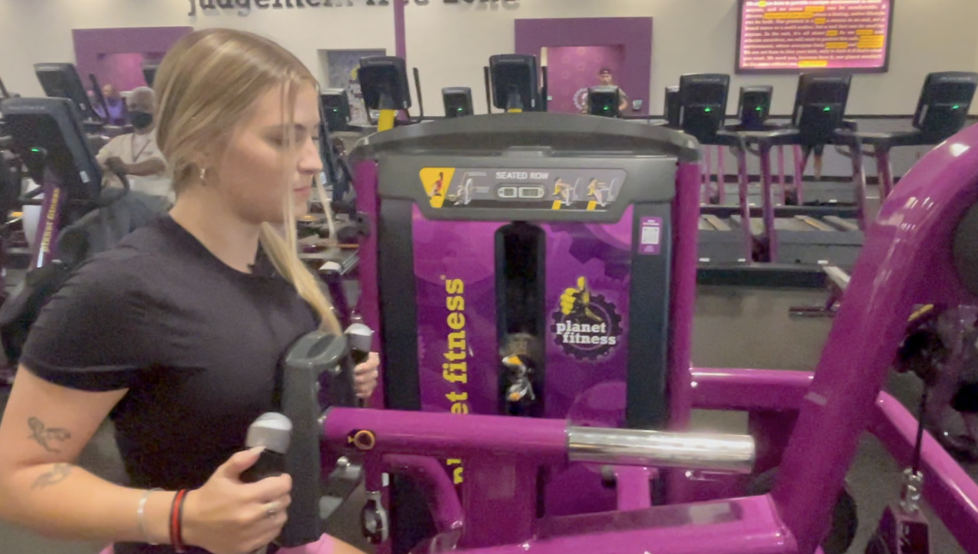BELLMEAD, Texas (KXXV) — Studies find just minutes of exercise can boost test scores. For MCC freshman Camryn Combs, keeping fitness in her routine during the school year is key to staying focused on the task at hand.
- A recent study from the University of North Carolina Greensboro found that just nine minutes of high-intensity interval training significantly improved students’ scores on a standardized verbal comprehension test
- Ideally, the CDC recomends one hour of activity a day for school-aged children
- Stanford University highlights a big benefit of exercise: lowering the stress hormone cortisol
For MCC freshman Camryn Combs, exercise isn’t just about staying in shape — it’s a vital part of her daily routine and future career as a personal trainer. But between lectures, textbooks, and exams, carving out time for fitness can be a challenge.
Exercise Linked to Better Academic Performance
A recent study from the University of North Carolina Greensboro found that just nine minutes of high-intensity interval training significantly improved students’ scores on a standardized verbal comprehension test. The improvement was clear when compared to peers who exercised less — or not at all — before taking the exam.
For Camryn, those findings ring true. She says workouts give her a mental reset in the midst of academic stress.
“Me personally, just like coming to the gym, it helps me clear my mind so I'm not focused on anything but improving myself,” she said. “Then, when I get home, I'm ready to improve my mind even more by studying and doing my schoolwork.”
Stress Relief and Health Benefits Go Hand in Hand
Research from Stanford University highlights another reason to make movement a priority: regular exercise lowers the body’s levels of cortisol, the primary stress hormone. While cortisol plays an important role in metabolism, inflammation control, mood, and sleep regulation, chronically high levels can throw the body out of balance.
Summer Garza, a certified personal trainer, says daily exercise helps in more ways than one.
“It builds better concentration, better sleep, and it improves your stress as well,” Garza explained. “So when you have a routine, everything flows. The more you do it, the more confidence you’re going to gain — and the easier it gets.”
Finding the Routine That Works
For busy students like Camryn, the key is consistency, even if it’s just a short workout. The science is clear: movement boosts focus, lowers stress, and can make academic success a little easier to reach.
Whether you’re training for a sport, building a career in fitness, or just trying to survive finals week, those few minutes of exercise may be one of the best investments you can make in your mind and body.




